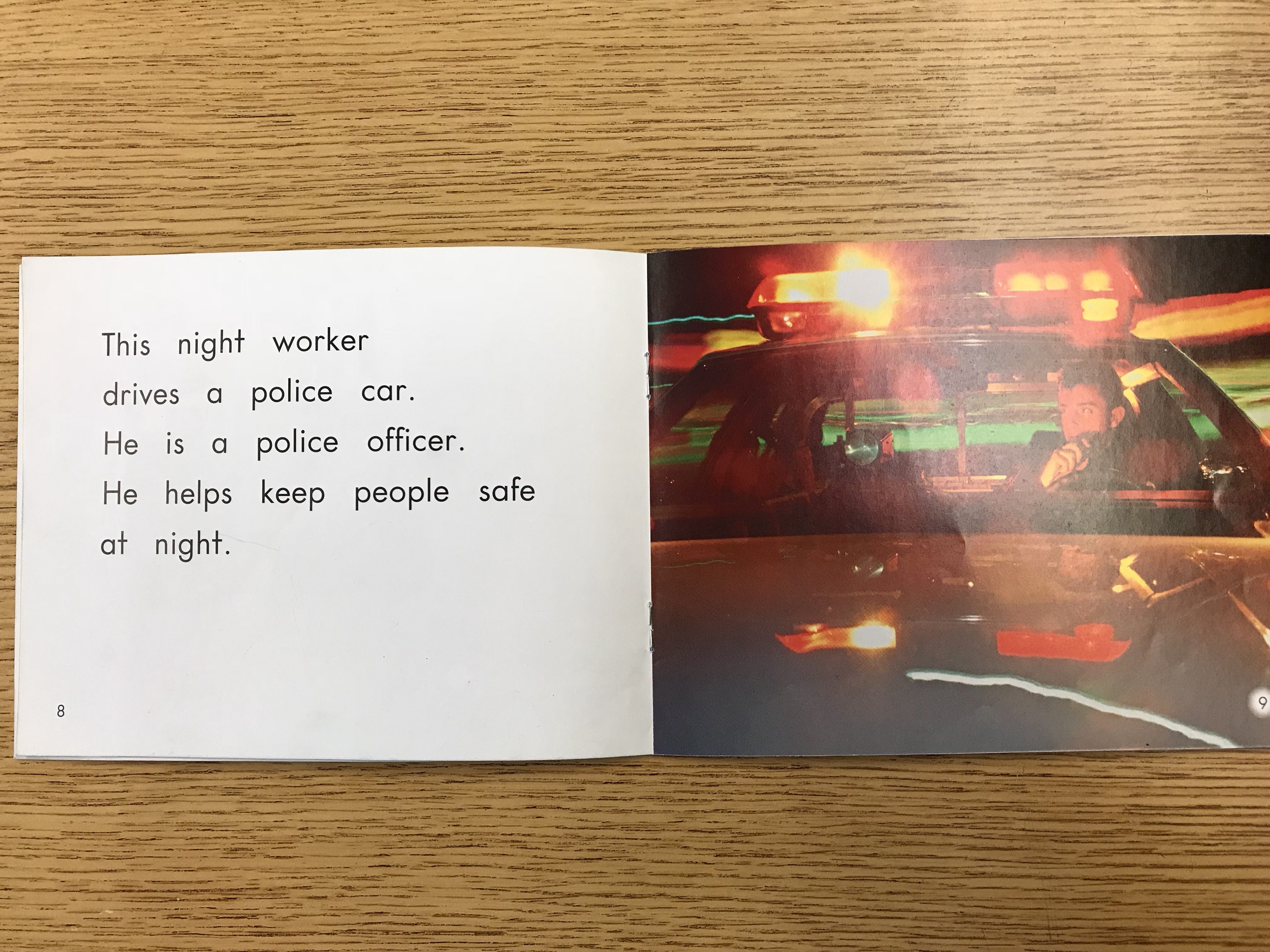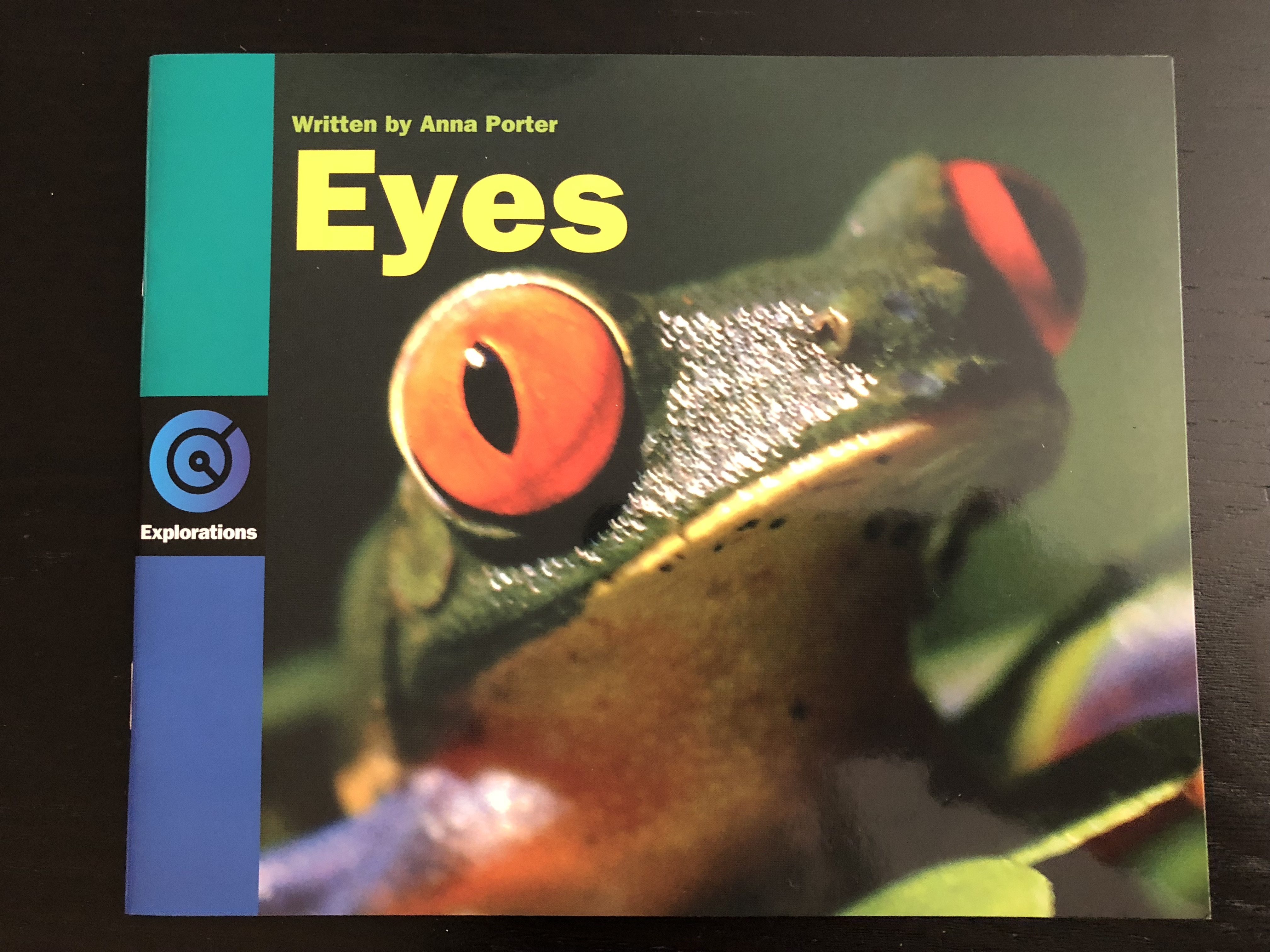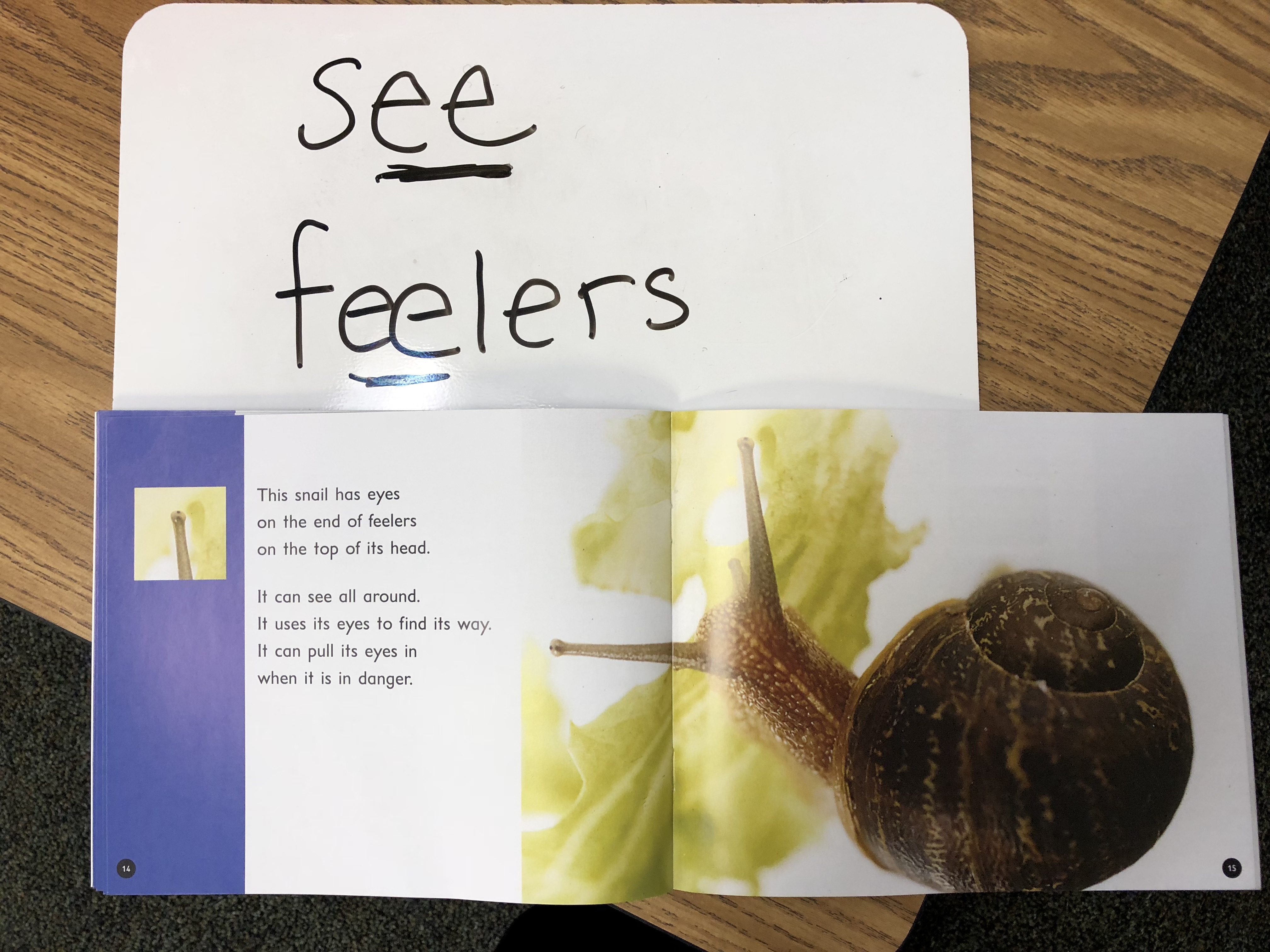Ever notice a young reader get stuck on decoding a word in a text because the word is not in his or her vocabulary? Or maybe the student has heard the word, but not frequently, and it’s not easily retrievable? This can be a big problem for young readers of nonfiction at the emergent (DRA 1-3; F&P A-C) and early stages of reading (DRA 4-16; F&P levels D-I)–especially when students are reading on topics they are not familiar with. I find that many students just shut down.
So what can we do?
Tip #1 Hold the student accountable for what they CAN do to tackle that word before offering additional support.
CASE WITH EMERGENT READER, LEVEL A
I was working with a kindergarten student (an emergent stage reader) reading a book like On the Rocks. When she came to the word “seal,” she stopped and looked at me. I had seen her look at the picture to help herself. I asked her, “Do you know what this animal in the picture is?” and she said, “No.” I didn’t immediately give her the word, though. Instead I said, “Can you look at the first letter and get your mouth ready for that sound?” AFTER she said “/s/,” I said, “Could it be a seal?” She smiled, nodded and continued to read. It was as though she’d heard the word (probably during the picture walk), but did not know it well enough yet to retrieve it on her own.
BTW – I did not expect her to read the “ea” in “seal” or to read the middle and end of the word “seal” because she was at the point in learning to read (DRA 1-2) when we are focusing on students using the picture clue and first letter to figure out the new word on each page of a repetitive text.


CASE WITH EARLY READER, LEVEL D
In another case, a first grade student (at the early stage of reading) was reading the book Night Workers (about a DRA level 4 or F&P level D). When she came to the word “officers,” she appealed to the teacher. Seven-year-olds probably do not use the term “police officer,” huh? They probably say “cops” or “police,” right? The teacher could have given her the word “officer,” but at this stage of reading, the child should at least be able to tackle the first part of this word. We asked her to look at just the first part of the word “off” by covering the last part of the word with her finger (not the teacher’s;). She recognized that as “off”; that’s also a word she could look at and say slowly. Then we asked her to read the sentence again. She read “He is a police off…”; when she did, she realized it was “officer” and read the word. (Oh, how that kid beamed!!!) If this didn’t work – then we could have asked, “Could it be the word ‘officer’?” If the child had no knowledge of that word, then we could say, “That’s the word ‘officer.’ Sometimes that’s a word we use to describe a person who works for the police–police officer. You say it.” Ask the child to repeat it a few times.


CASE WITH EARLY READER, LEVEL F
With a first grade student reading Eyes (DRA 10; F&P F), reading the book Eyes, he read easily until he came to a word he didn’t know–“feelers.” The sentence was “This snail has eyes on the end of feelers on the top of its head.” It may have been that he didn’t know how to initiate word solving or it may have been that he knew he was going to read “where” the eyes are and he did not think he would personally know what that part of the body on a snail is called. He didn’t have the vocabulary. I started by asking him, “What can you do?” He shrugged. Then I asked him if he knew “this word” and I wrote see on a dry erase board. He quickly read the word. I proceeded to help him see the same vowel team “ee” in the word feelers and he figured out the word. We talked about how he used a word he knows to help him figure out this word BUT WE ALSO went back into the text and reread the text and looked at the photograph to discuss the meaning of “feelers.” In a sense I was able to teach the student how to tackle the word and how to make sense of its meaning as well.


My point here is that we need to encourage the child do as much of the work as they can to decode the words while also coaching them to make sense of these new words.
With that in mind, one note of CAUTION—If a book at the emergent or early stage is going to have a LOT of unfamiliar vocabulary, choose another book. If there’s a manageable number of unfamiliar vocabulary words, then give it a go.
I do have another tip (Tip #2) to help with this…in the next blog entry 😉 If you want an update the next time I blog, please feel free to follow my blog.
Hope this helps.
S
